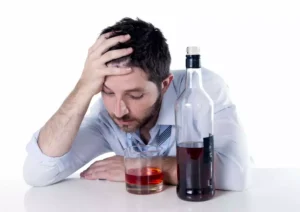
The regular consumption of alcohol elevates blood pressure, with global estimates that the attributable risk for hypertensive disease from alcohol is 16%. The increase in blood pressure is approximately 1 mmHg for each 10 g alcohol consumed and is largely reversible within 2-4 weeks of abstinence or a substantial reduction in alcohol intake. This increase in blood pressure occurs irrespective of the type of alcoholic beverage.
Kidney Action Week begins March 3. Register today
The conversation about alcohol is evolving, and now’s the time to truly ask ourselves what role it plays in our lives and whether it’s time for a change. So, if you’ve been winding down with a glass of wine in hopes of protecting your heart, the latest research suggests it may be doing more harm than good. Taken together, these studies suggest that in the acute phase of alcohol consumption, BP declines due to vasodilation caused by alcohol and then increases (Fig. 1, orange arrow).
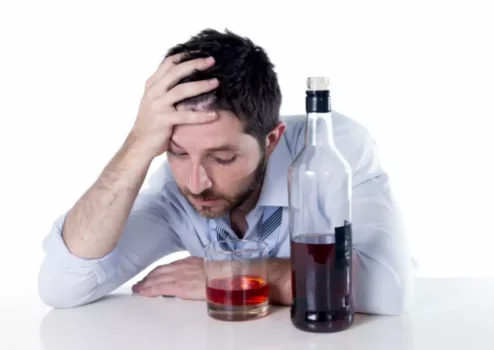
Cancer Risk
In particular, the postulated effects of vasodilator flavonoid components of red wine to lessen or reverse alcohol-related hypertension have not been borne out in intervention studies. In contrast, the light to moderate intake of alcohol has been consistently linked to a reduced risk of atherosclerotic vascular disease end-points. However, the magnitude of any protective effect appears to have been exaggerated because of unmeasured confounders, especially diet, lifestyle and patterns of drinking.
- Drinking more than three drinks in one day or heavy alcohol use over time significantly raises blood pressure alcohol levels.
- The Association has strict policies to prevent these relationships from influencing the science content.
- Moreover, although treatment with antihypertensive drugs reduced both the outpatient and ambulatory BP in both groups, the transition from a non-dipper to a dipper pattern in BP measurements was insufficient in drinkers.
Health Categories to Explore
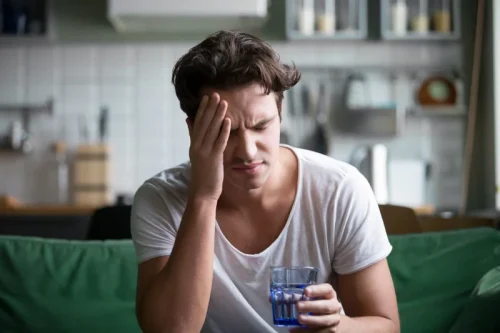
Explore ways to keep your kidneys healthy, learn about the latest treatment options, and understand your healthcare rights so you can advocate for the care you deserve. High blood pressure is known as a silent killer because it usually doesn’t show symptoms until it’s dangerously high. By the time symptoms like headaches, vision problems, or confusion occur, significant damage may have already been done to your heart, blood vessels, and kidneys. Factors such as age, mental health, existing medical conditions and drug use can affect the impact of alcohol on an individual.
- Revenues from pharmaceutical and biotech companies, device manufacturers and health insurance providers and the Association’s overall financial information are available here.
- A 2023 report found that drinking too much alcohol regularly, exceeding 30 grams per day, can significantly increase the risk of developing high blood pressure.
- As Ye et al. have stated, this may be due to sodium intake, which is consumed at the same time as alcohol consumption.
- By the time symptoms like headaches, vision problems, or confusion occur, significant damage may have already been done to your heart, blood vessels, and kidneys.
- Too many episodes of tachycardia could lead to more serious issues like heart failure or arrhythmia (irregular rhythms), which can cause heart attack and stroke.
After all, alcohol is deeply woven into our social celebrations, cultural traditions and even daily routines. But perhaps, for a moment, you may pause to reflect what is Oxford House on your habits—how the last drink made you feel and how it might impact your health in the future. If you are considering cutting back, here are some simple, actionable steps you can take to limit or completely avoid alcohol. The liver, in particular, bears much of the brunt, as it’s responsible for breaking down alcohol and removing toxins from the body.

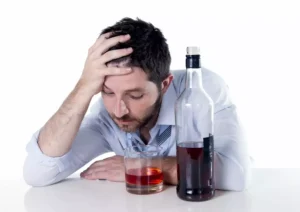
High blood pressure affects everyone, but some communities face greater challenges in detecting and managing it. Studies show that Black and Hispanic individuals often receive a diagnosis of high blood pressure or related conditions, like kidney disease, later than others. By detecting high blood pressure early, you can take steps to protect your health, reduce risks, bp alcohol and prevent complications before they start. At the time of drinking, alcohol is absorbed into the bloodstream and then carried throughout the body, with a temporary increase in heart rate and blood pressure. Thus alcohol decreases blood pressure initially (up to 12 hours after ingestion) and increases blood pressure after that.
- Meanwhile, it also impacts the body’s regulatory systems for vascular tone, fluid balance, and hormone release.
- But, whether you set weekly limits or put down the glass completely, it’s about finding what aligns with your personal goals and health needs.
- Essentially, Dr. Sarraju says that it’s safest to abstain from alcohol (you’ll hear this again).
- Always check the product label before taking medications along with Benadryl or any other product containing Benadryl’s active ingredient diphenhydramine.
- However, various other factors, such as aging, smoking, obesity, and arteriolar sclerosis, affect the degree of sustained rise in BP.
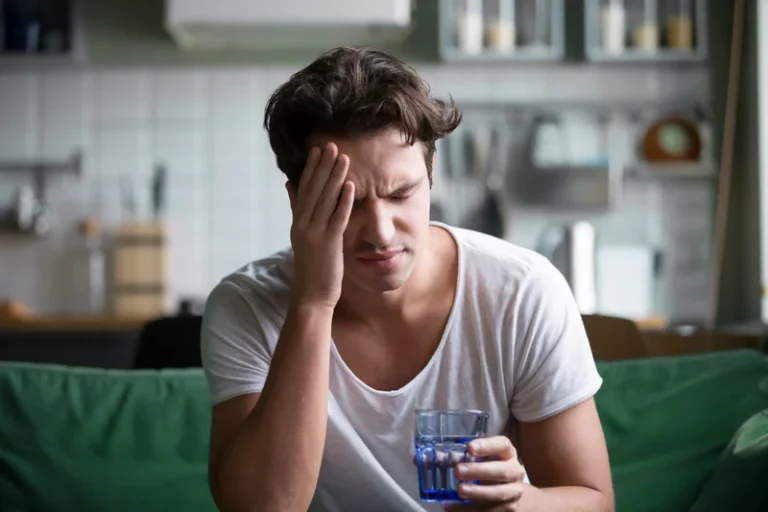
There was a particular risk for bias in the studies that met the eligibility criteria, and there is still the potential risk for residual confounding. There are also a number of opportunities to expand on the research, including understanding more about how alcohol intake influences blood pressure among women. “Alcohol is certainly not the sole driver of increases in blood pressure; however, our findings confirm it contributes in a meaningful way. Limiting alcohol intake is advised, and avoiding it is even better,” Vinceti said. Possible Blood Pressure SpikeFollowing heavy consumption, individuals might notice an uptick in heart rate and BP. This effect can be more pronounced the morning after, when the body is in withdrawal from alcohol, potentially accompanied by anxiety, sweating, and restlessness.
Considering Your Social Scenarios
Knowing whether you already have Afib or any other condition is critical to knowing whether you should drink at all. Get instant access to members-only products, hundreds of discounts, a free second membership, and a subscription to AARP the Magazine.

